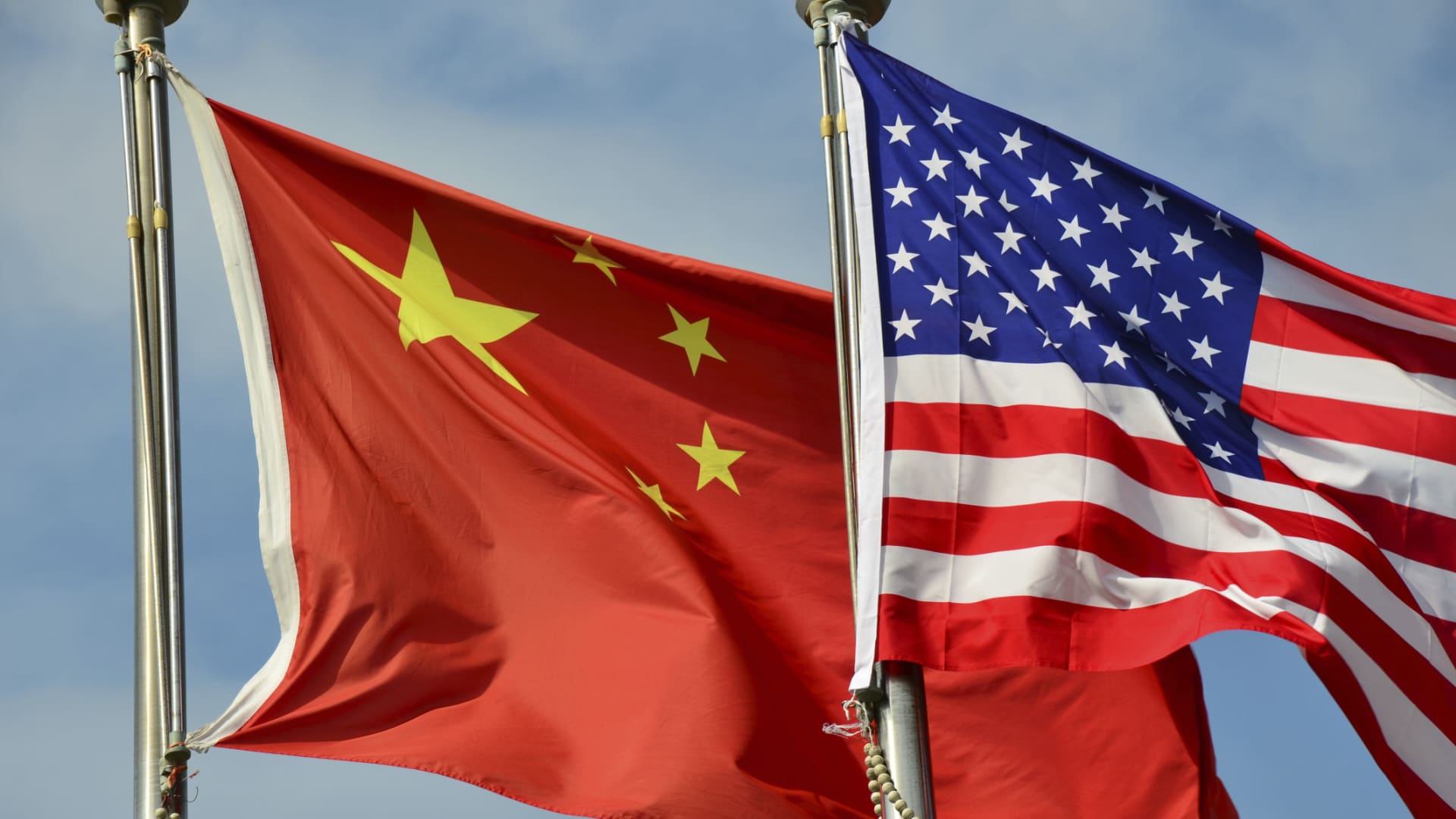hist78
Well-known member
How do you guys think?
Fortune: Chip bans on countries like China will hurt the U.S. more than they’ll help. They won’t even work.

 fortune.com
fortune.com
Fortune: Chip bans on countries like China will hurt the U.S. more than they’ll help. They won’t even work.

Commentary: Chip bans on countries like China will hurt more than help the U.S.
They might not even work.




/cloudfront-us-east-2.images.arcpublishing.com/reuters/L3Y6YZIOSZPR5I44W3CKFISZN4.jpg)

